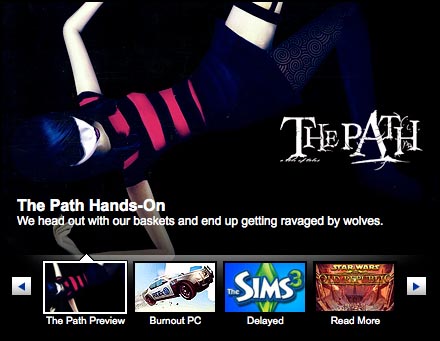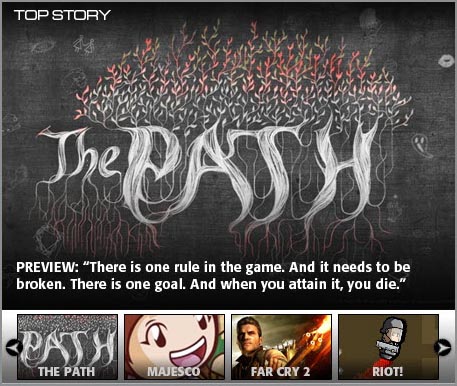The next decade or so is going to see the world of video games convulsed by battles between the moneymen and the artists; if the good guys win, or win enough of the time, we’re going to have a whole new art form.
John Lanchester, “Is it Art?” in The London Review of Books
Since we partially make it our business to create “videogames for non-gamers” here at Tale of Tales, we have a keen interest in any messages we receive about games from the world outside. The few times when this happens, the author is either uninformed or simply a hardcore games enthusiast doing a little job on the side. A pity, because what better way to learn about ourselves as through the eyes of others?
So our interest was immediately peaked when we noticed a long article about videogames in a publication called “The London Review of Books”. Through thoughtful observations, John Lanchester combines a broad knowledge of the games industry with the advantage of both distance and erudition to place gaming within a larger cultural context.
And while his article is critical, Mr. Lanchester also does a good job at explaining the appeal of games to people not familiar with the medium (i.e., as he points out, everyone who does not actively play videogames). He points out the strong points and achievements of the medium as well as its flaws and shortcomings.
He compares games to novels:
You are in the game in a way that is curiously similar to the way you are in a novel you are reading – a way that is subtly unlike the sense of absorption in a spectacle which overtakes the viewer in cinema. The interiority of the novel isn’t there, but the sense of having passed into an imagined world is.
And to cinema.
Games are not, in general, better than films. But they are often better than huge-budget Hollywood films.
[…]
Not all games are cynically, affectlessly violent, but a lot of them are, and this trend is holding video games back. It’s keeping them at the level of Hollywood blockbusters, when they could go on to be something else and something more.
[…]
Games do a good job of competing with blockbusters, but it would be a pity if that was the summit of their artistic development.
And then, of course, speculates on how video games might become art.
The other way in which games might converge on art is through the beauty and detail of their imagined worlds, combined with the freedom they give the player to wander around in them.
He also makes a reference to a keynote presentation by Steven Poole (of “Trigger Happy” fame), which deserves a post of its own.
A common criticism of video games made by non-gamers is that they are pointless and escapist, but a more valid observation might be that the bulk of games are nowhere near escapist enough.
[…]
Most video games aren’t nearly irresponsible enough.
Read the full article here!


